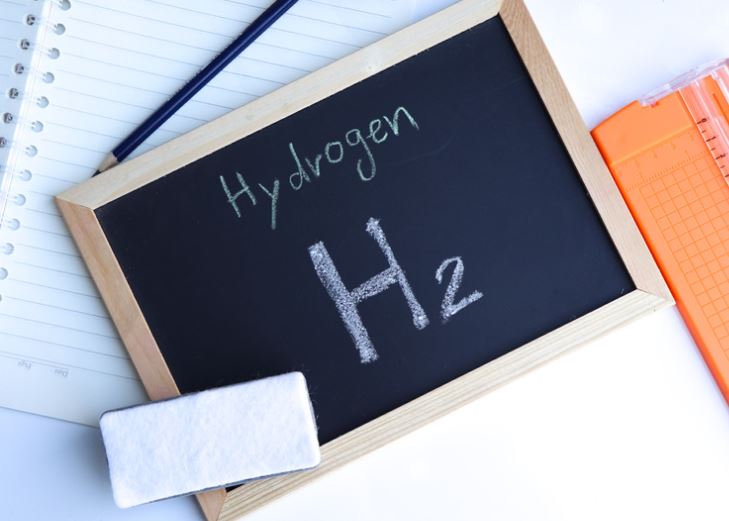In a recent article published in the International Journal of Hydrogen Energy, a team of researchers led by M.E. Vilberger and colleagues has explored a novel method to increase the energy efficiency of electric vehicles powered by hydrogen fuel cells.
The study, titled “Increasing the Energy Efficiency of an Electric Vehicle Powered by Hydrogen Fuel Cells,” examines the impact of advanced control algorithms on the performance of fuel cell electric vehicles (FCVs).
The issue of energy efficiency is particularly crucial for the hydrogen industry, as FCVs and electric vehicles (EVs) typically feature shorter autonomous drive ranges compared to traditional internal combustion engine vehicles. This research is highly relevant in its attempt to address these challenges, potentially improving the practicality and market competitiveness of hydrogen-powered transportation.
The study focuses on the implementation of modern control algorithms based on fuzzy logic to enhance the energy efficiency of electric vehicles. Utilizing a simulation model in the MATLAB-Simulink environment, the researchers compared conventional PID-controller based systems with the proposed fuzzy logic-based controller. The fuzzy logic controller demonstrated superior performance, automatically adjusting the vehicle’s dynamic behavior to favor economy mode when appropriate while still allowing for rapid response when necessary.
Experimental validation confirmed that the new control algorithm outperformed traditional methods, offering significant improvements in energy efficiency and extending the driving range of the vehicle. The fuzzy logic controller was shown to handle various driving modes more effectively, balancing energy consumption and dynamic performance.
The experimental setup for this research included a fuel cell vehicle traction system with a brushless DC motor, a pack of lithium-ion batteries, and an electronic differential approach. The study carefully analyzed the interdependence of various subsystems to provide a holistic enhancement of the vehicle’s energy efficiency.
The findings of this study hold promise for a broad range of applications within the hydrogen and electric vehicle industries. By implementing advanced control algorithms, manufacturers could significantly improve the energy efficiency and driving range of FCVs and EVs. This could lead to more competitive products in the market, potentially accelerating the adoption of cleaner, hydrogen-powered transportation options.
